Dr. Hamed Barabadi (PharmD, PhD) works as an assistant professor in the Department of Pharmaceutical Biotechnology and associate dean of research affairs at the School of Pharmacy, Shahid Beheshti University of Medical Sciences, Tehran, Iran. He received a PhD degree from Shahid Beheshti University of Medical Sciences, Tehran, Iran, in 2019. He graduated as a Doctor of Pharmacy (PharmD) from Mazandaran University of Medical Sciences, Sari, Iran, in 2014. He owns to his credit a number of research papers, book chapters, and edited books with more than 3000 citations and Scopus H-index of 40. He has received many awards such as IET-Nanobiotechnology Premium Awards two times continuously in the years 2019 and 2020. Dr. Barabadi has been featured among the list of World´s Top 2% Scientists, according to a Stanford University study, 2020 and 2022. He is the guest editor/editor for various reputed indexed journals such as Current Nanomedicine, Nanoscience and Nanotechnology-Asia, Frontiers in Pharmacology, MDPI International Journal of Molecular Sciences, MDPI Molecules, and a few other prestigious journals. His research interests lie in the area of pharmaceutical nanobiotechnology, ranging from green synthesis, characterization, and optimization of nanobiomaterials to their pharmaceutical potential evaluations, such as anticancer, antimicrobial, and antioxidant. Moreover, he has collaborated actively with researchers in several other disciplines of pharmaceutical sciences, particularly the nanoformulation of drugs for drug delivery systems and nanomedicine.
Dr. Ebrahim Mostafavi has so far received training at Stanford University School of Medicine (PostDoc), Northeastern University (PhD), Harvard Medical School (Researcher), and University of Tehran (MSc and BSc). His research interests revolve around the engineering and development of (nano)biomaterials, nanocarriers, and 3D in vitro models (hydrogels, 3D bioprinted constructs, nanofibrous scaffolds, organoids, vascular grafts, and microfluidic systems) to create biologically complex systems for a range of applications such as cancer diagnostics and therapeutics, tissue engineering and regenerative medicine, biosensing, and infectious diseases. Dr. Mostafavi serves as an associate editor-in-chief of several prestigious and high-impact journals within Elsevier, Springer, Cell Press, Dove Medical Press, T&F, Frontiers, and so on He is also an editorial board member of more than 30 impactful and prestigious biomedical and materials science journals. His scholarly work comprises more than 200 publications with an H-index of 36 (i10-index of 105), including papers published in The Lancet family (i.e., Oncology, Infectious Diseases, Public Health, and Global Health) journals. So far, he has edited several books such as Pharmaceutical Nanobiotechnology for Targeted Therapy and Emerging Nanomaterials and Nano-Based Drug Delivery Approaches to Combat Antimicrobial Resistance. He has also contributed to leading more than 45 introductory book chapters in a very multidisciplinary field of bio/medical engineering, biotechnology, nanotechnology, materials science, and regenerative/ translational medicine.
Chaudhery Mustansar Hussain is an Adjunct Professor and Director of laboratories in the Department of Chemistry & Environmental Sciences at the New Jersey Institute of Technology (NJIT), United States. His research is focused on the applications of nanotechnology and advanced materials, environmental management, analytical chemistry, and other various industries. Dr. Hussain is the author of numerous papers in peer-reviewed journals as well as a prolific author and editor of around 150 books, including scientific monographs and handbooks in his research areas.


